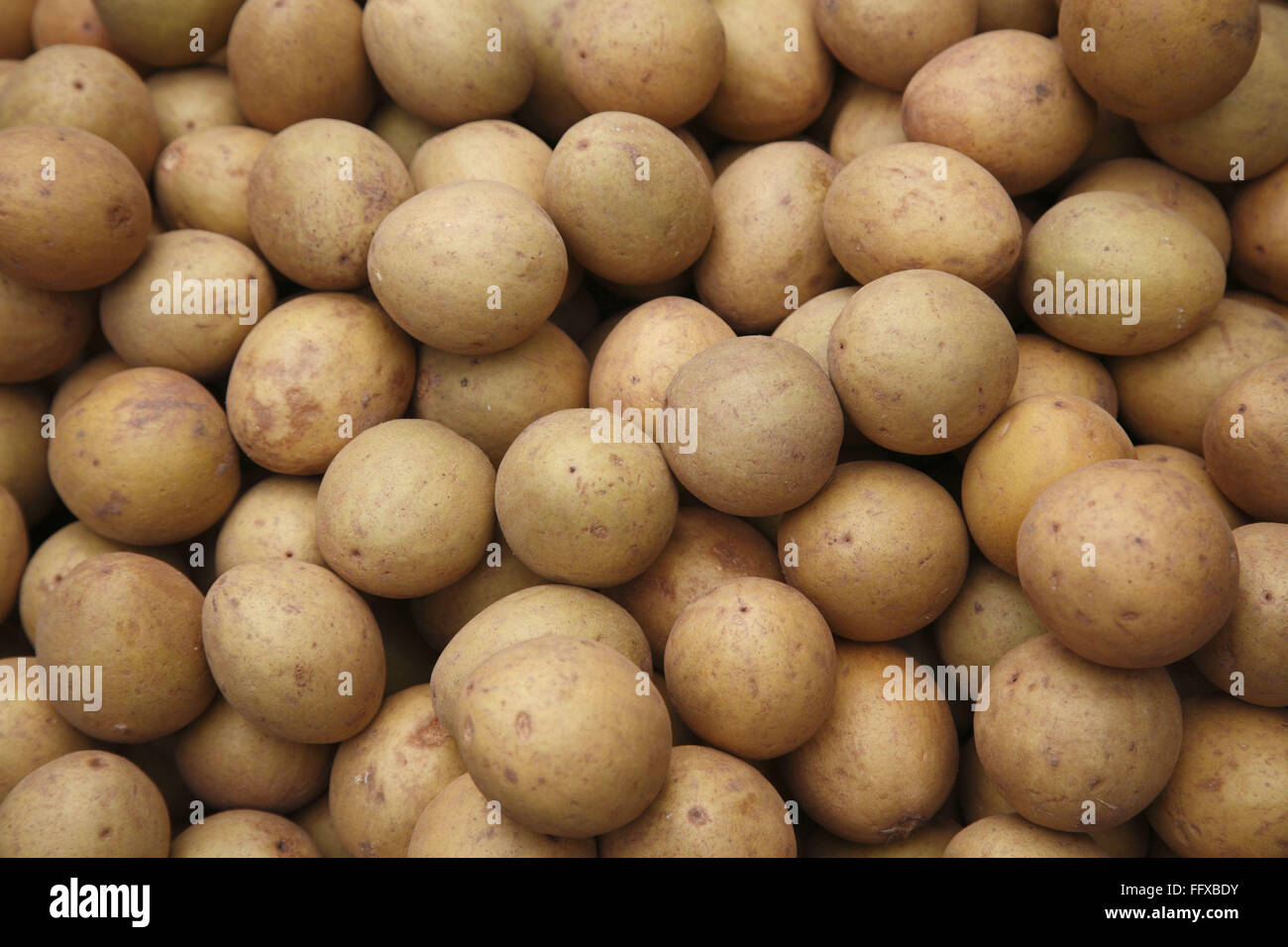

The climate of the South was ideally suited to the cultivation of cash crops. The hundreds were run as private plantations intent on making a profit from the cultivation of crops, which the economy of the South depended on. At the encouragement of the Company, many of the settlers banded together and created large settlements, called hundreds, as they were intended to support 100 individuals, usually men who led a household. So, to make settling the land more attractive, the Virginia Company offered any adult man with the means to travel to America 50 acres of land. In 1606, King James I formed the Virginia Company of London to establish colonies in North America, but when the British arrived, they faced a harsh and foreboding wilderness, and their lives became little more than a struggle for survival. The plantation system came to dominate the culture of the South, and it was rife with inequity from the time it was established. Read these Resource Library articles to learn more: Southeast Native American Groups, Native Americans in Colonial America, The United States Government’s Relationship with Native Americans, Indian Removal Act, and Native American Removal from the Southeast.


The land on which these plantations were established was stolen through canceled, disregarded, and deceitful treaties, or outright violence from indigenous nations. Instead they suggest calling these places “labor camps” or “slave labor camps.” The plantation system developed in the American South as British colonists arrived in what became known as Virginia and divided the land into large areas suitable for farming. Wood and Edward Baptist advocate to stop using the word plantation when referencing agricultural operations involving forced labor. However, what came to be known as plantations became the center of large-scale enslaved labor operations in the Western Hemisphere. The word plantation first appeared in English in the 15th century. The term plantation arose as settlements in the southern United States, originally linked with colonial expansion, came to revolve around the production of agriculture.


 0 kommentar(er)
0 kommentar(er)
